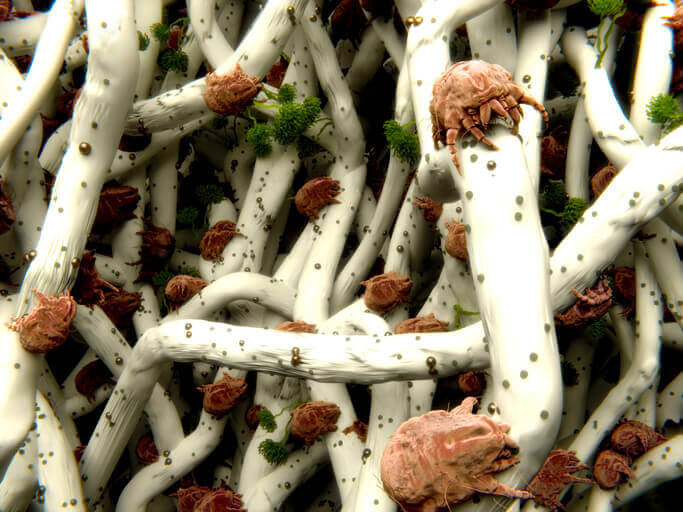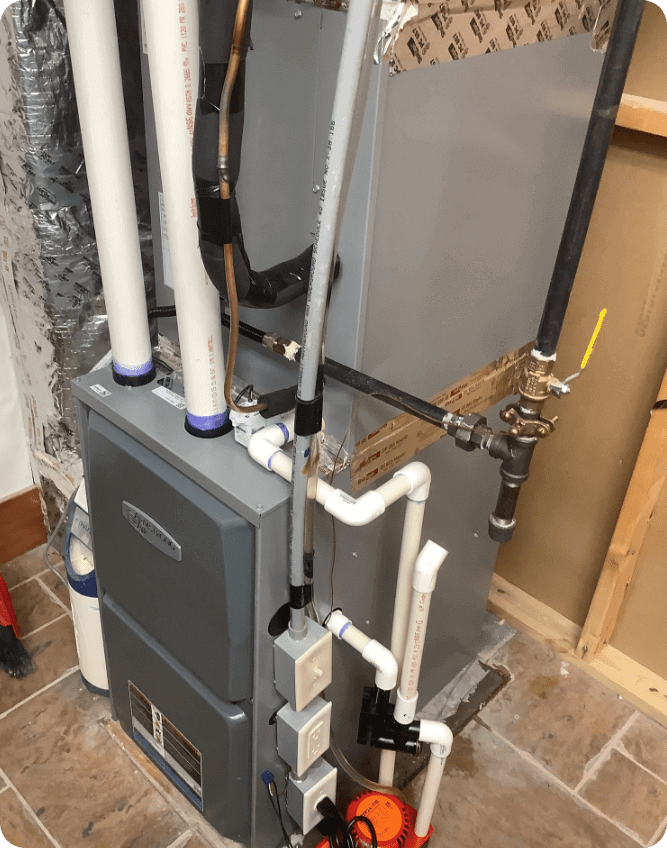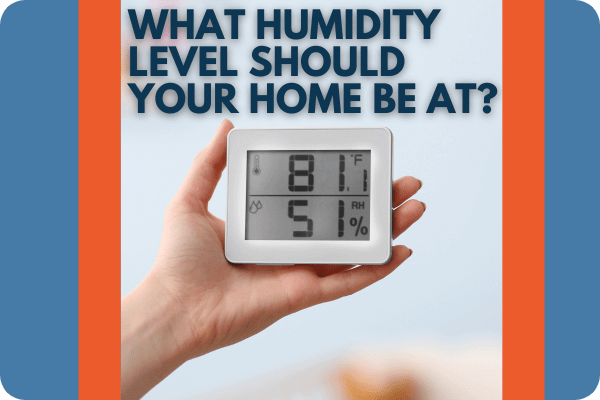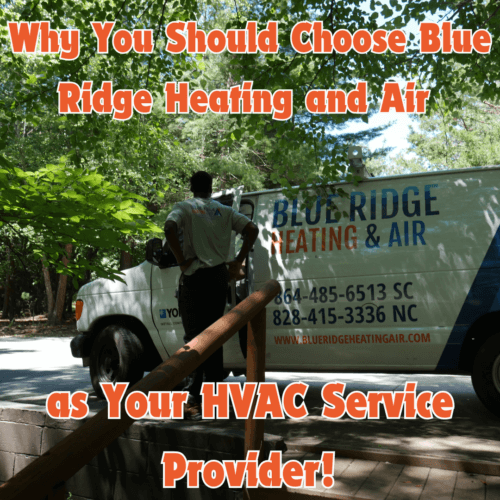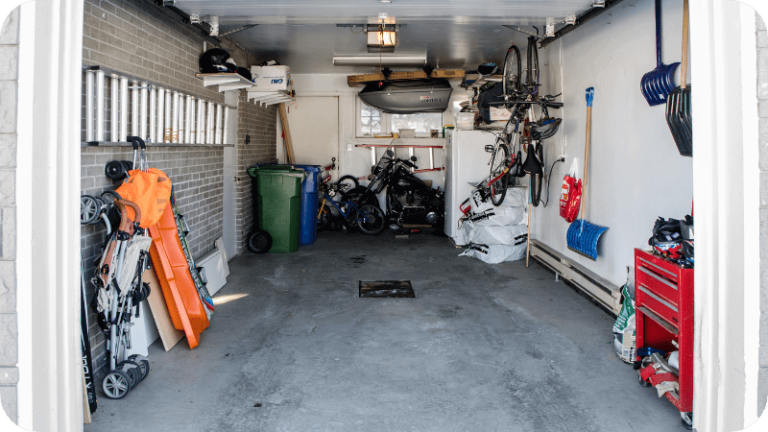One of the simplest ways to keep the air in your home clean is by replacing your HVAC system’s air filter on a regular basis. It’s easy to do, and the filters aren’t very expensive, yet still many people forget to do it as often as they should. When you change your air filter, you are helping keep the air in your home clean, and improving the operation of your HVAC system.
In my years of experience working with HVAC systems, the ones that are properly serviced, and have their filters changed regularly run better, and last longer. There are lots of times where we go to fix a broken system, and also find an air filter that is completely stuffed and clogged.
Here’s a comprehensive guide on why, how, and when to replace your air filter, along with some insights into understanding MERV ratings. If you live in Brevard, NC or Greenville, SC, or the surrounding areas, we can help you with your HVAC system. Give us a call or contact us online today!

Why Should You Replace Your HVAC System’s Air Filter?
We can tell you that it’s important to change your air filter, but here are a few more in depth explanations as to why it’s a good idea.
- Cleaner Air
- Better Airflow
- Improved Efficiency
- Longer HVAC System Lifespan
Cleaner Air
The primary function of an air filter is to trap dust, pollen, pet dander, and other airborne particles, preventing them from circulating through your home. Over time, the filter becomes clogged with all these airborne irritants. It can fill up even faster in the winter and summer, when you run the HVAC system more often, and all the windows in the house are closed.
Replacing the air filter on a regular basis will help you avoid a clogged air filter, and help keep the air clean and fresh, healthier to breathe.
Better Airflow
A clogged air filter restricts the flow of air through the HVAC system, forcing it to work harder to circulate air. This not only leads to poor air distribution throughout your home but can also cause the system to overheat and shut down.
We recommend regular filter changes. You can even slide the old one out, and take a look at it to see if it’s time for a change or not. If the air isn’t properly distributed throughout the home, rooms that are further away from the HVAC system may not get the air needed to stay comfortable.
Improved Efficiency
When your HVAC system has to work harder due to a clogged air filter, it consumes more energy, leading to higher utility bills. A clean air filter allows your system to operate smoothly, with improved energy efficiency. This allows you to save money on energy bills, and also make less of a carbon footprint.
Longer HVAC System Lifespan
Regular maintenance, including changing the air filter, can significantly extend the life of your HVAC system. If you have a dirty air filter, and there is dust and debris getting into your furnace or air conditioner, you are more likely to run into problems. This leads to breakdowns, and your HVAC system potentially dying prematurely.
How To Replace Your Air Filter
- Locate Your Air Filter: The air filter is typically found in the return air duct, near the HVAC system, or behind a return air grille on a wall or ceiling.
- Check Size and Type: Before purchasing a new filter, make sure to check the size and type required for your system. This information is usually printed on the edge of the current filter.
- Turn Off Your HVAC System: Always turn off your system before changing the filter to prevent unfiltered air from circulating.
- Remove the Old Filter: Slide the old filter out of its slot or housing. Some systems may have a cover that needs to be opened or removed.
- Insert the New Filter: Slide the new filter into place, ensuring it’s facing the correct direction. Arrows on the filter’s frame indicate the proper airflow direction.
- Dispose of the Old Filter: Place the old filter in a garbage bag to prevent any trapped particles from escaping back into your home.
How Often Should You Change Your Air Filter?
We recommend changing your air filter once every two months. If you have people in your home with asthma or respiratory issues, you may want to change the filter more often. A good move is to keep a few filters in storage for whenever you need them. In the winter and summer when the windows are closed and your furnace or air conditioner are running a lot, you may need a change once a month.

Conversely, in the spring and fall when you have the windows open more and your HVAC system isn’t running all the time, it may be more like every 2-3 months.
What Is MERV Rating?
MERV (Minimum Efficiency Rating Value) ratings measure the effectiveness of air filters. Ratings range from 1 to 16, with higher values indicating a filter’s ability to trap smaller particles.
While higher MERV-rated filters offer better filtration, they can also restrict airflow more than lower-rated filters. It’s important to choose a filter with a MERV rating that balances air quality needs with your system’s capabilities. You can ask your HVAC technician what they recommend for your system and home, usually a filter right in the middle of ratings.
What Does An Air Filter Cost?
An air filter usually costs anywhere between $20 – $90, depending on the size and MERV rating. We recommend buying a few at a time and having them stored for whenever you need a change!
Air Filter Change With Regular HVAC Service
You should have your HVAC system, furnace, air conditioner, heat pump, etc., serviced at least one a year. This will help you get ahead of breakdowns and repairs, and ensure your system is running efficiently. During the service, we will also change the air filter in your HVAC system.
We still recommend you change the air filter a few times on your own every year, and our technicians will be happy to show you how. If you live in North Carolina and are looking for an HVAC service, give us a call at 828.415.3335. If you are in South Carolina, you can reach us at 864.485.6509. You can also contact us online anytime and get your appointment set!

